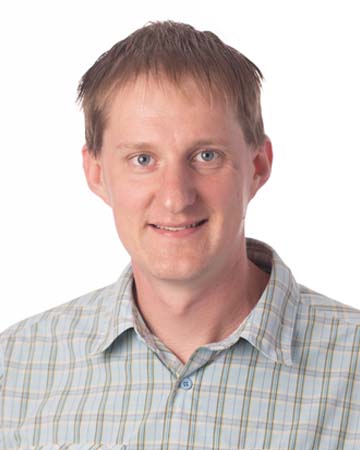Profile for Adam Schneider

Contact me
Adam Schneider
Pronouns: He/Him
Assistant Professor
Biology
University of Wisconsin-La Crosse
Adam Schneider Pronouns: He/Him
Assistant Professor
Biology
Specialty area(s)
Parasitic plants
Native plants of Wisconsin
Plant taxonomy and systematics
Natural history collections
Citizen science (e.g. iNaturalist)
Currently seeking undergraduate and graduate research students.
Current courses at UWL
BIO 105 General Biology
BIOL 203 Organismal Biology
BIOL 302 Plant ID
BIOL 304 Plant Biology
BIOL 404/504 Plant Taxonomy
Independent Study: Phylogenetics
Education
2017, Ph.D., Integrative Biology, University of California, Berkeley
Major Advisor: Bruce Baldwin
2012, B.S. summa cum laude, Biology & Chemistry, University of Wisconsin–Eau Claire
Career
Teaching history
UW La Crosse:
BIO 105 General Biology
BIOL 203 Organismal Biology
BIOL 302 Plant ID
BIOL 304 Plant Biology
BIOL 404/504 Plant Taxonomy
Independent Study: Phylogenetics
Previous Institutions:
For nonmajors–
Plants & People
Environmental Biology
Climate Change and the Future of California
Introductory for majors–
General Biology
General Botany
Fundamentals of Cellular Life
General Biology (Ecology, Evolution, Plant Diversity)
Upper-level majors courses–
California Plant Life
Medical Ethnobotany
Plant Systematics
Plant Physiology
Environmental Studies Senior Seminar
Professional history
2018 – 2022, Assistant Professor, Hendrix College (Biology & Environmental Studies)
2018 – 2022, Herbarium Director, Hendrix College Herbarium (HXC)
2017 – 2018 Postdoctoral Fellow, University of Toronto
Research and publishing
https://scholar.google.com/citations?user=4uliMTwAAAAJ&hl=en
News
Kudos
published
published
published
published
awarded







